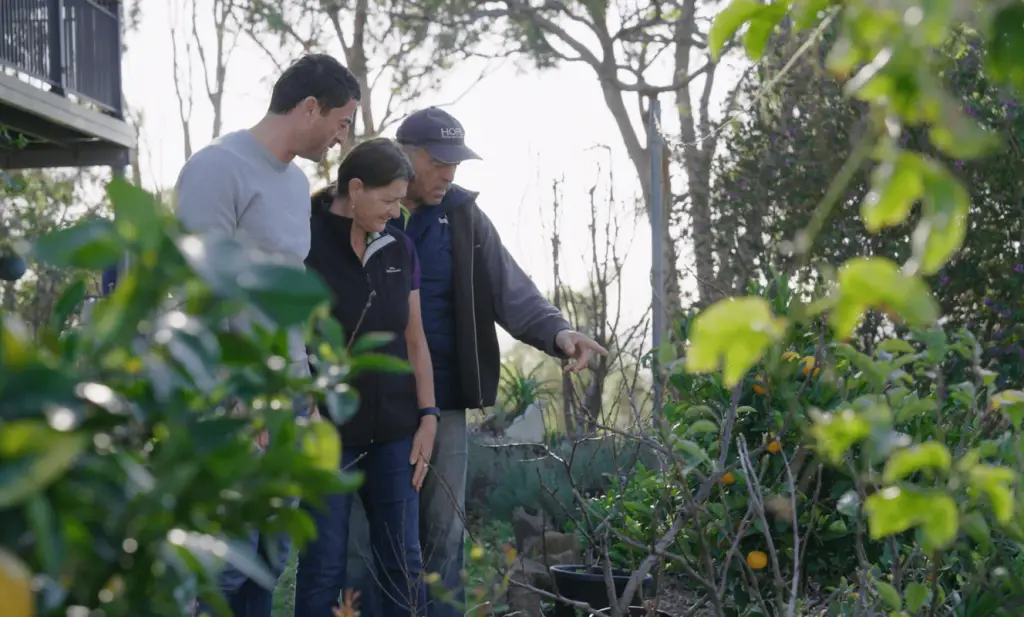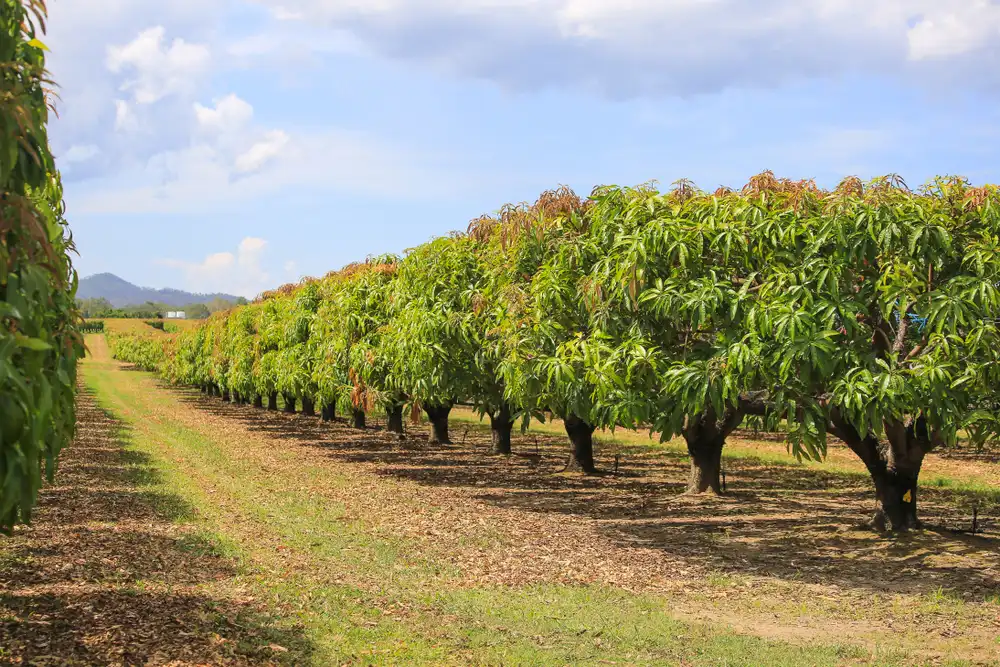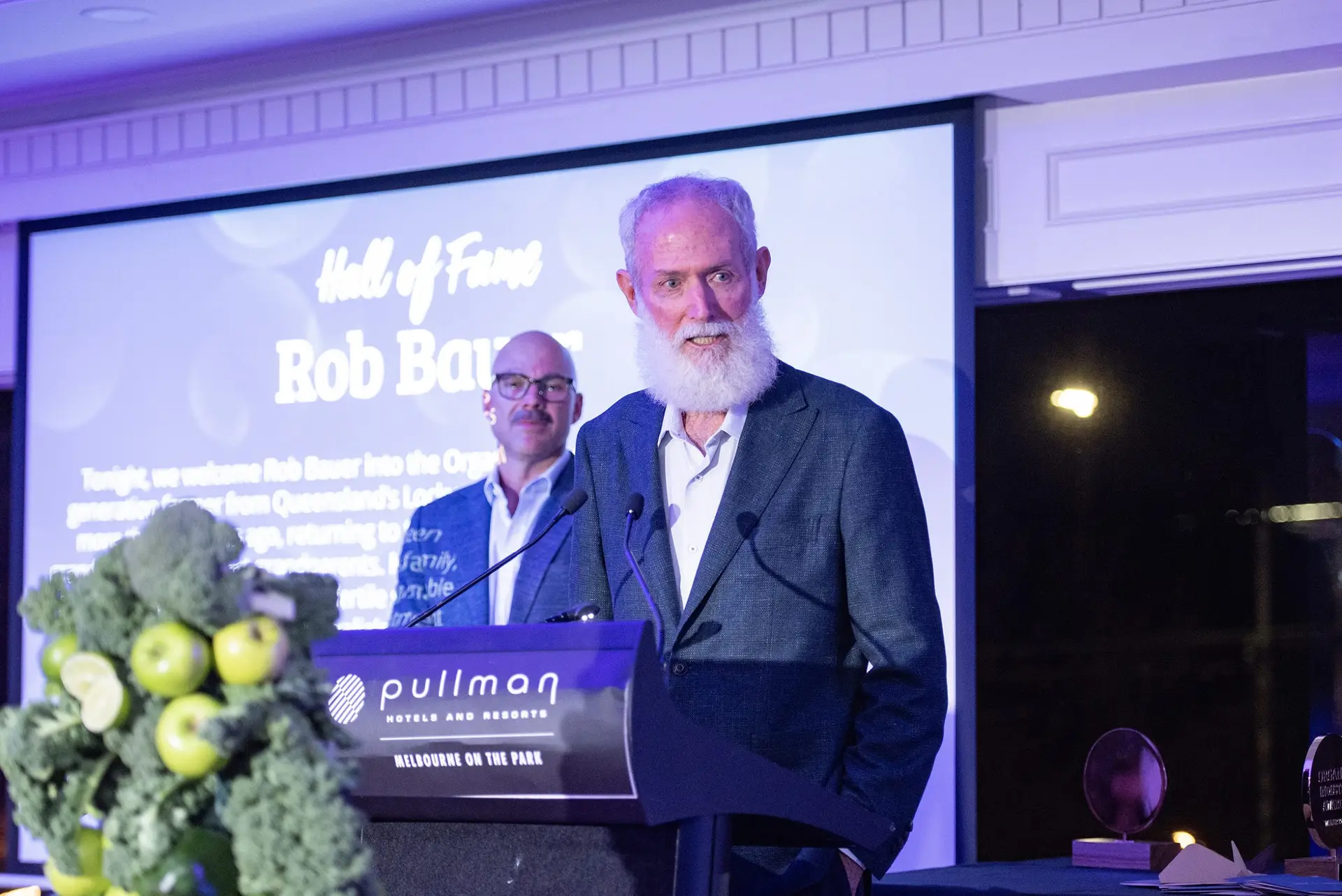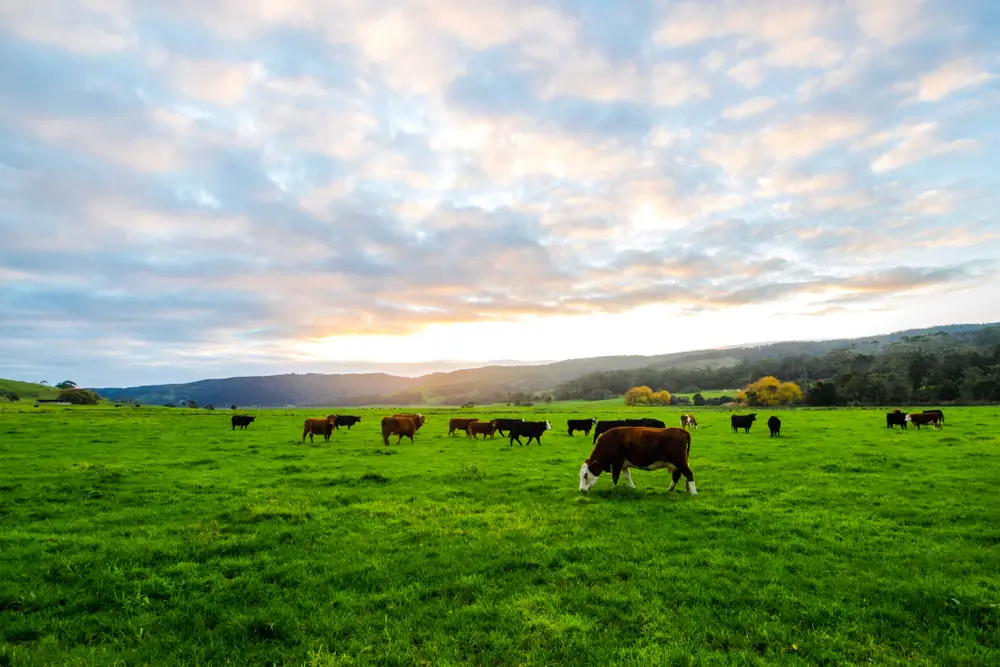Consumers are being urged to consider the potential harms of toxic pesticide residue on fresh produce during the 2023 Australian Organic Awareness Month (AOAM).
AOAM is run by Australian Organic Limited (AOL) in September each year, raising awareness of the benefits of certified organic products for human health and environmental sustainability, and the importance of checking for organic certification marks on labels.
Reducing exposure to chemicals and pesticides is one of the key reasons consumers make the switch to certified organic produce and is a focus of this year’s campaign.
AOL Technical and Research Manager, Josefine Pettersson, said many of the additives used in producing non-organic foods can have harmful effects on humans, even at low concentrations.
“Many of the pesticides detected are toxic, carcinogenic, neurotoxic or confirmed endocrine-disrupting chemicals,” Ms Pettersson said.
“Children possess a unique susceptibility to toxic chemicals because they drink more liquids, breathe more air and consume more food per kilogram of body weight than adults. This also makes them more vulnerable to environmental toxins such as pesticides.”
A 2015 study found that washing non-organic strawberries under tap water removed as little as 19 per cent of chemical residue from the fruit.
“Unfortunately, simply washing non-organic produce is often ineffective in removing traces of harmful chemicals,” Ms Pettersson said.
“These chemicals are strictly prohibited in certified organic farming, ensuring the organic produce that makes it to the supermarket shelves is free from any chemical residue.
“It’s not just about fruit and vegetables though. Organic operators go to great lengths to utilise innovative proactive techniques to produce all kinds of foods without the need for toxic chemicals.”
One of these producers is bean ground & drunk, creator of Australia’s first certified organic coffee, which uses the chemical-free Swiss Water Process to create its decaffeinated range as opposed to conventional decaffeination methods which often use solvents such as methylene chloride or ethyl acetate.
Data from the recent Australian Organic Market Report highlights the strength of Australia’s certified organic industry, with 3,035 certified organic businesses directly contributing $851 million to the economy. These businesses range from fresh produce, packaged food and beverages, cosmetics and skincare, home and garden products and textiles.
Rugby league legend, Anthony Minichiello, has come onboard as AOAM ambassador for 2023, with the former Sydney Roosters, New South Wales Origin and Kangaroos star encouraging people to make safer and healthier nutrition choices.
“Being certified organic means the farmer treats the soil as the number one priority and doesn’t put those harmful toxins into the ground or on the plant,” he said.
“There’s a lot of misleading marketing claims and fake studies out there that confuse people, and they end up thinking certified organic is some new-age thing. It’s back to basics essentially – pure farming free of harmful inputs that gives you the most nutrient-dense produce.”
To learn more about Australian Organic Awareness Month, visit the website.
Media enquiries:
Matt Wordsworth
[email protected]
0404 029 241
Tim Vetter
[email protected]
0439 681 793





